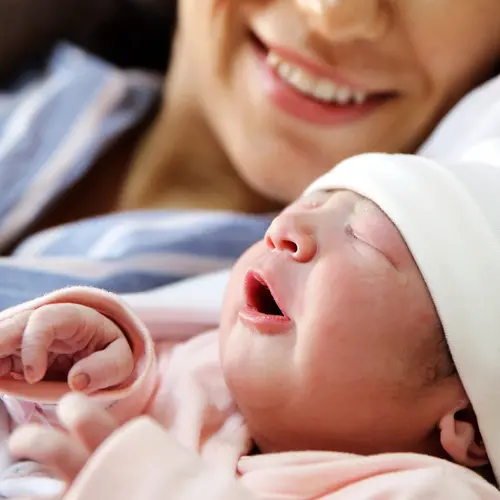If you’re having pregnancy symptoms, maybe you’ve wondered if CBD (cannabidiol) can bring you relief. CBD is a compound in marijuana and hemp that doesn’t get you high. And products with CBD in it are becoming more and more popular. Manufacturers use it in things like foods, drinks, beauty products, and supplements.
Some pregnant women consider using CBD for symptoms like:
- Nausea or vomiting from morning sickness
- Anxiety or stress
- Trouble sleeping
- Pain
It’s a bad idea to take CBD for any of these reasons, though. The FDA urges women not to use cannabis or any type of CBD product while pregnant or breastfeeding. It could be dangerous for you and your baby.
Why It’s Risky
For one thing, we need a lot more research into the effects of CBD on pregnant mothers and unborn babies. Experts mainly have animal studies to go on. For instance, researchers who gave pregnant test animals high doses of CBD noticed problems in the reproductive systems of male fetuses. That doesn’t necessarily mean the same thing would happen in people, but the FDA says it’s concerned by the finding.
It’s also possible for CBD products to be contaminated with things that could be dangerous for a developing or nursing baby, like THC. That’s the chemical in cannabis that gets you high. Experts advise all women to avoid THC while pregnant and breastfeeding. It may affect a baby’s brain development in the womb. It can also raise the chances of stillbirth or premature birth. THC can pass to an infant through breast milk, and experts think this can happen with CBD as well.
The FDA has gotten reports of CBD products possibly being contaminated with other things, like:
- Pesticides
- Heavy metals
- Bacteria
- Fungus
What’s more, studies show that CBD poses risks for everyone, like liver damage and extreme sleepiness. It could also hurt your health by affecting medications you take.
Approved Uses for CBD
It has one approved medical use: a prescription drug that treats certain rare, severe types of seizure disorders in kids.
Otherwise, the FDA doesn’t review supplements like it does medications. So if you see a CBD pill, oil, capsule, or liquid with a package that makes health claims, be skeptical of its promises. And don’t take it if you’re pregnant or breastfeeding. If you’re having pregnancy symptoms, ask your doctor or OB-GYN for a safer treatment instead.
In general, don’t take a new supplement without talking to your doctor first. They can let you know whether it’s likely to be safe and effective for you.


